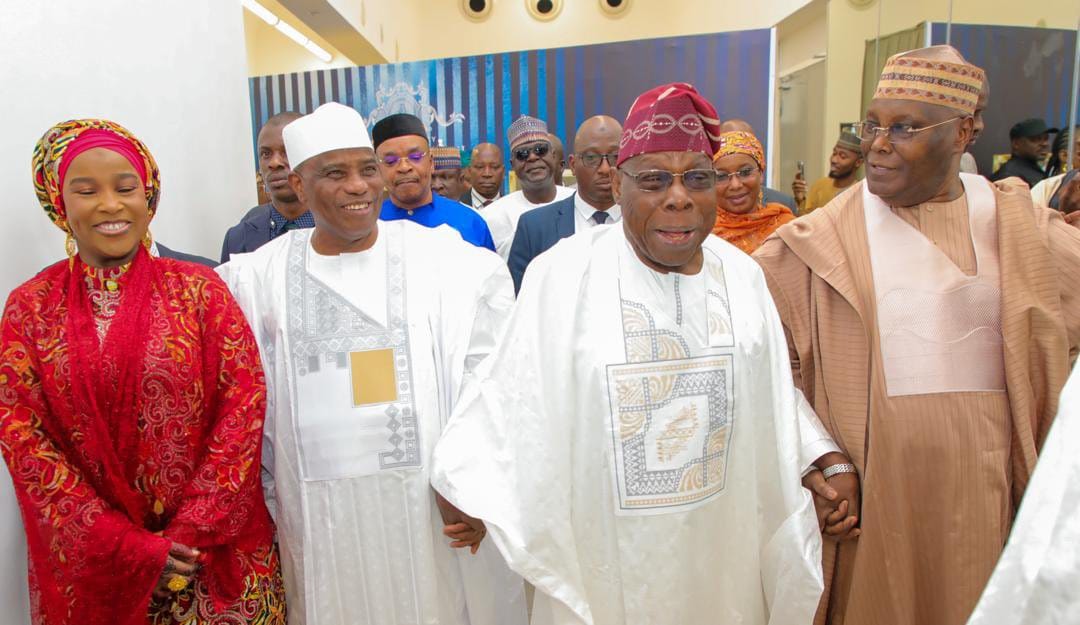 Niger commits to green economy
Niger commits to green economy
As Week Two of COP29 begins today, more is expected when ministers fly in to handle the hard political deal-making at the negotiations known as COP29 in Baku, Azerbaijan.
Meanwhile, Niger State has reaffirmed its commitment to advancing a green economy during its side event at COP29 in Baku.
Distractions were bigger than deals in the first week of United Nations climate talks, leaving a lot to be done, especially on the main issue of money. In week one, little progress was made on the issue of how much money rich countries should pay to developing ones to move away from dirty fuels, cope with rising seas and temperatures and pay for damage already caused by climate-driven extreme weather.
Highlighting key themes and Africa’s unwavering stance on critical issues, the Director-General of Nigeria’s National Council on Climate Change (NCCC), Dr Nkiruka Maduekwe, emphasised the intensity of ongoing negotiations, with Week Two expected to be even more crucial.
She reiterated Africa’s firm position on reforming the global financial architecture to ensure climate action doesn’t translate into further debt burdens for the continent.
Recognising the ambition of Africa’s Nationally Determined Contributions (NDCs), she stressed the need for innovative financial solutions like blended finance and a clear distinction between development finance and climate finance.
Methane has emerged as a major focus at COP29, with high-level meetings organised by China and the United States, alongside numerous side events.
Maduekwe underscored the importance of addressing short-lived climate pollutants like methane and black carbon, recognising their significant impact on global warming. She also revealed that Nigeria signed a Memorandum of Understanding (MoU) with China on methane mitigation, hinting at a potential support announcement in the coming week.
Addressing concerns about nuclear energy, Maduekwe affirmed Nigeria’s commitment to safety, highlighting the role of the national nuclear regulatory agency. She positioned clean nuclear energy as a viable option for diversifying the country’s energy mix.
On the topic of Just Transition, the NCDC DG stressed the importance of inclusivity, particularly the involvement of the oil and gas sector. Acknowledging the historical role of fossil fuels in Nigeria’s development, she advocated a collaborative approach to decarbonisation, ensuring a clean, just and equitable transition for all stakeholders. She expressed satisfaction with the active participation of the oil and gas sector in high-level discussions at COP29.
SECRETARY to the State Government (SSG), Abubakar Usman, announced that the state developed an essential framework to transition towards sustainable development and environmental preservation.
Building on its progress at COP28, Usman highlighted Niger’s determination to position itself as a leader in Nigeria’s sustainability efforts by utilising its rich natural resources and strategic initiatives.
The Commissioner for Environment and Climate Change, Yakubu Kolo, highlighted the support received from the House of Assembly for initiatives such as afforestation, waste management and renewable energy.






